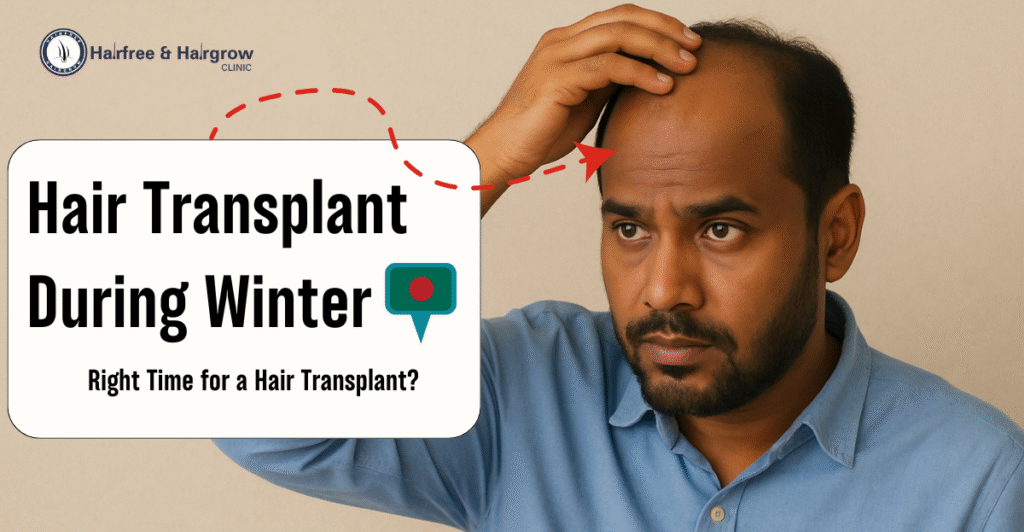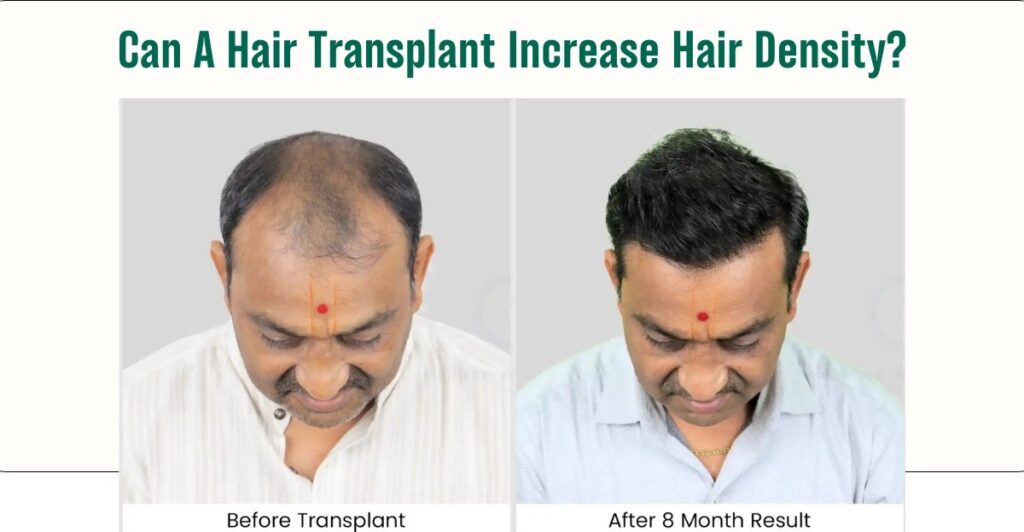One of the known causes of hair loss is a hormone known as dihydrotestosterone which is capable of causing severe damage to hair follicles. It is therefore important to understand DHT for anyone who wishes to learn how to prevent hair loss.
This blog will analyze the impact of DHT on hair follicles, the function of DHT blockers, and lifestyle adjustments.
Table of Contents
Understanding DHT
The male hormone testosterone has a metabolite known as dihydrotestosterone. It is synthesized due to the action of the enzyme 5alpha-reductase on testosterone.
Dihydrotestosterone (DHT) oh however, has a crucial role in some of the body’s processes, and is also known to cause hair loss, especially in those body parts in which androgen is synthesized, for instance, the scalp.

The Science Behind DHT & Hair Loss
How DHT affects hair follicles:
DHT is known to bind strongly with androgen receptors present within hair follicles. In doing so, DHT shrinks the hair follicles thereby reducing the duration of the hair growth cycle and decreasing the volume of hair on the head.
Overview of the hair growth cycle
There are three phases to this cycle: the anagen phase or the growth phase, the catagen or transition phase, and the telogen or resting phase. This phase is the anagen phase DHT successful disturbances in its cycles occur when this phase is brought to a close diameter.
The genetic predisposition to DHT
While some people are relatively insensitive to DHT or its effects, others have a hereditary.
Symptoms Related To Hair Loss Caused By DHT
DHT-related hair loss symptoms may include:
- Thinning hair on the crown and in front above the temples.
- Hairline receding.
- More hair than usual falling out.
- Scalp visible through the thinning hair in the temples.
- Shorter hair with hair strands that are finer than normal.
DHT Blockers: Understanding Their Role
What Are DHT Blockers?
DHT blockers are agents that block the action of the enzyme 5-alpha reductase that converts testosterone into DHT. Since these blockers help to decrease the levels of DHT, they may help prevent the progression of hair loss.
Prescription Vs. Natural Dht Blockers
Prescription DHT blockers include finasteride in females which is commonly prescribed to manage hair loss. While finasteride is effective in lowering DHT levels, it has adverse effects. There are also herbal DHT blockers such as saw palmetto and pumpkin seed oil, which are natural remedies for hair loss.
DHT Blocker Exercise
Another type of DHT blocker can include, regular exercises. This is because DHT levels can be kept in check and lead to healthy hair with regular exercises. This is because Exercise and hair loss have a connection together. It helps control hormones and anxiety and enhances blood flow which are all beneficial for hair growth.
Lifestyle Changes to Manage DHT & Hair Loss
There are a few targeted lifestyle changes that can be encouraged to control levels of DHT and execute hair growth:
- Avoid Foods & Beverages: Foods that block DHT such as green tea, berries, nuts, and oily fish should be included in the diet as they encourage blocked DHT.
- Stress Management: The continuous state of worry leads to an increase in the levels of certain hormones including DHT.
- Health Activities: A form of physical activity done regularly helps control the body’s hormones and also helps with the blood flow.
- Adequate Sleep: Rehabilitation care also necessitates sufficient amounts of restorative sleep for cellular recovery and hormone stabilization.
- Dietary supplements: Vitamins and minerals will nourish your hair enabling it to be thicker and stronger, some hair health and nutritions like biotin, zinc, and Vitamin D can also be helpful.
Read Also – Daily Hair Loss: Why Am I Losing More Hair Than Usual?
How Hair Free Hair Grow Clinic Can Assist You
Hair Free Hair Grow Clinic offers complete treatment options in case you are facing any issues with hair loss caused by DHT. Our experienced staff performs individualized consultations and prepares treatment plans according to your needs.
Consultation And Personalised Treatment Plans
We at Hair Free Hair Grow Clinic recognize that winning the battle against hair loss can be an uphill task, but it is not impossible. Our specialists will understand every aspect of your condition. It includes the levels of DHT in your system and how this hormone affects your hair growth cycle.
Conclusion
For anyone who wishes to keep their head hair in the best condition possible, it is extremely important to appreciate the link that exists between DHT and hair loss. Hair Free Hair Grow Clinic is here to assist you with your hair requests.
FAQ
Yes, DHT can also induce harmones and hair thinning in females, especially those who are genetically predisposed to DHT sensitivity. Age-related hormonal transitions, for instance, menopause, can also lead to excess DHT production resulting in hair loss.
Indeed, green tea, pumpkin seeds, and saw palmetto are said to naturally assist in managing DHT levels. Adding these to one’s diet may contribute positively to one’s hair growth.
Regular physical activities contribute to the balancing of the hormone levels and the alleviation of stress and this may influence DHT levels positively. Moreover, physical activity enhances blood circulation which is good for hair follicle health.
The treatment options consist of oral medications such as finasteride which is a prescription drug and herbal DHT blockers. Treatment that targets your particular loss of hair issues can be developed.

Written By
Medical Officer & Hair Transplant Surgeon
Dr. Nazmin Sultana Nipa is a distinguished hair transplant doctor in Bangladesh, known for her advanced skills in hair restoration. As a Medical Officer and Hair Transplant Surgeon, Dr. Nipa combines her extensive experience in the field with a focus on transparency and patient-centered care.
Disclaimer
We’ve made all possible efforts to ensure that the information provided here is accurate, up-to-date and complete, however, it should not be treated as a substitute for professional medical advice, diagnosis or treatment. See Detailed Disclaimers Here.



